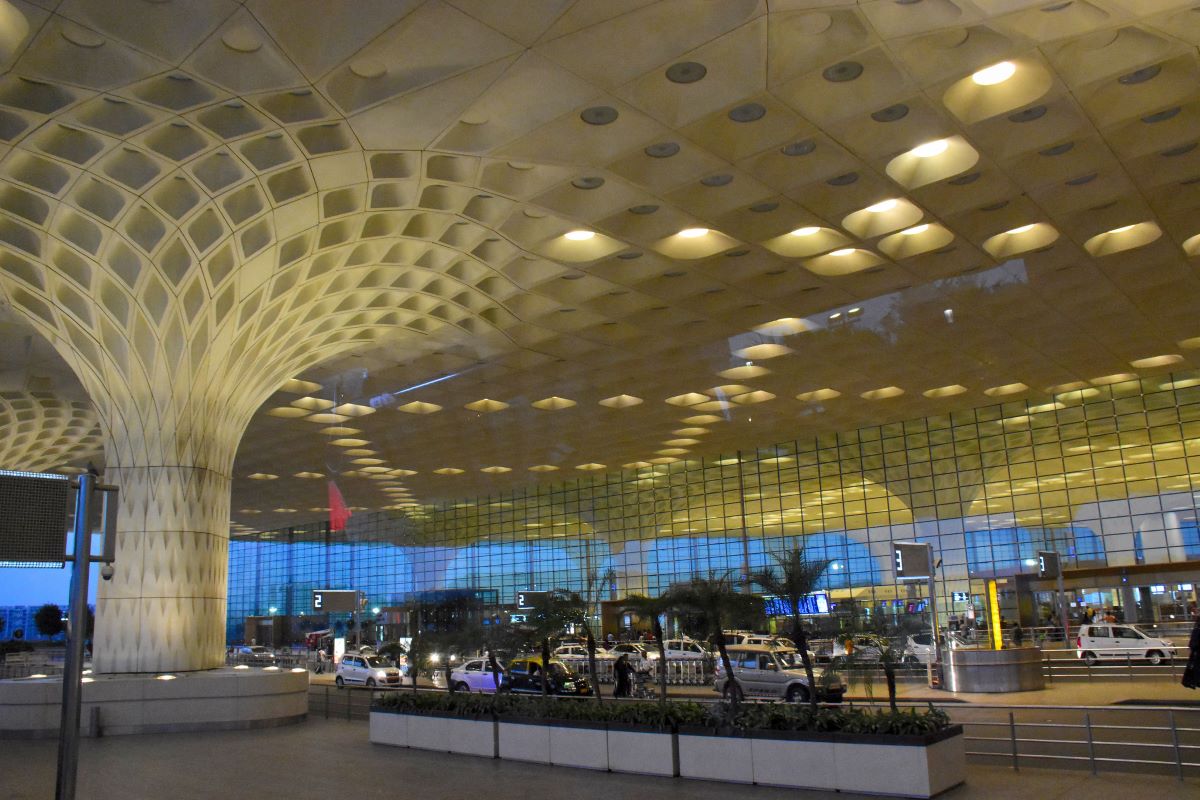Skift India Daily: A Billion Air Travelers Expected by 2040 — How Adani Airports Is Preparing

Skift Take
India's largest private airport operator — Adani Airports will bid for about a dozen more airports in the country to expand its footprint in the world’s fastest-growing aviation market, confirmed the company’s chief executive officer Arun Bansal. “India will have 1 billion air passengers by 2040, with passenger traffic growing at a compound annual growth rate of 8.5 percent over the next 20 years,” he said. On their strategy to acquire more airports in the country, Bansal remarked, “Our strategy is simple, to create a scale [of operations]. If the bid condition is right, we will bid.” The Indian government recently privatized six airports — Ahmedabad, Lucknow, Mangaluru, Jaipur, Guwahati and Thiruvananthapuram — all of which were won by Adani Airports. Adani currently manages seven operational airports including Mumbai’s Chhatrapati Shivaji Maharaj International Airport and is also developing the Navi Mumbai airport in Maharashtra. The airport is expected to handle 90 million passengers per year by 2036. In the first phase, which is scheduled to be completed by December 2024, the airport will have a passenger handling capacity of 20 million. All of Adani’s airports have experienced significant growth in passenger traffic in recent years. The company’s six airports together saw a 92 percent increase in domestic passengers and a 133 percent increase in international passengers. The number of domestic flights increased by 58 percent, while international flights increased by 61 percent.
India has reduced 90,000 metric tonnes of carbon dioxide-equivalent emissions and saved approximately $48.6 million on bio-aviation turbine fuel expenses, according to a statement released by the civil aviation ministry. Flexible Use of Airspace (FUA), that allows commercial fl
